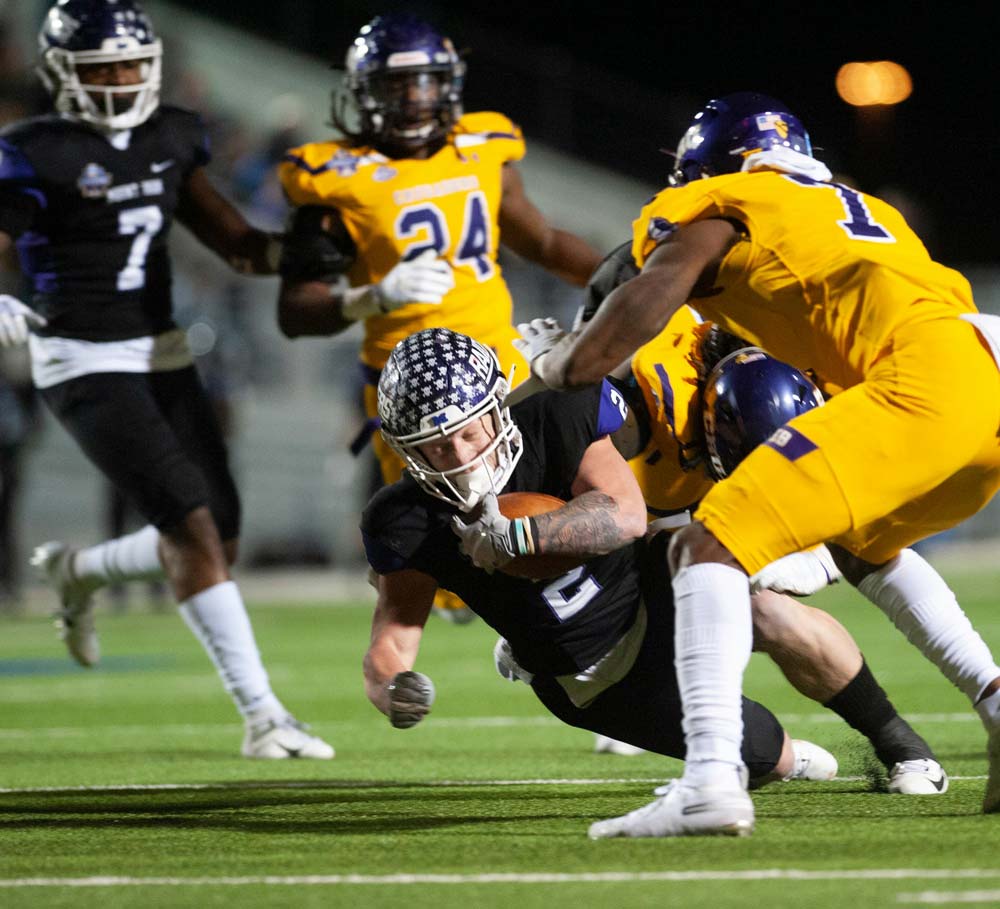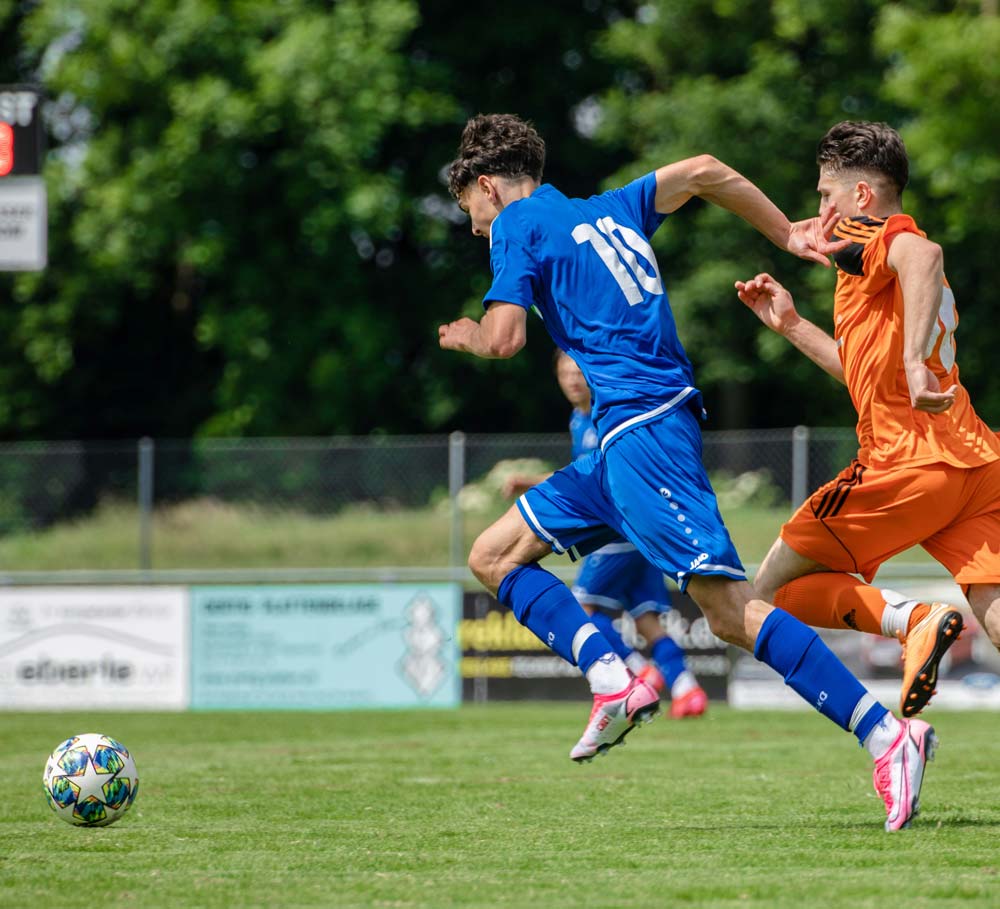Joint Injections
About Joint Injections
Joint injections can be a game-changer for managing pain and inflammation caused by conditions like osteoarthritis, bursitis, or rheumatic disorders. At Advanced Sports Medicine in Nashville, Dr. Jim Johnson specializes in providing non-surgical joint injections to effectively address various types of joint pain.
These injections combine steroids, which reduce inflammation, and anesthetics, which provide immediate pain relief. By alleviating your discomfort, joint injections enable you to actively participate in a rehabilitative physical therapy program, accelerating your journey to recovery and improved joint function.
If you’re struggling with joint pain and seeking non-surgical solutions, contact Advanced Sports Medicine today to learn more about joint injections and schedule a consultation with Dr. Johnson.
Joint injections provide targeted relief by delivering corticosteroids directly into the space surrounding your injured or inflamed joint. These injections combine the pain-relieving power of anesthetics with the anti-inflammatory effects of steroids, working together to promote healing and reduce discomfort.
The primary goal of joint injections is to manage your pain effectively, allowing you to actively engage in physical therapy and rehabilitation programs. By reducing pain and inflammation, these injections facilitate a more comfortable and productive recovery process, enabling you to regain strength, mobility, and function in the affected joint.
Dr. Johnson possesses the expertise to administer steroid injections to virtually any joint in your body, including shoulders, hips, knees, wrists, and elbows. He may recommend this treatment if you’re experiencing pain and inflammation due to conditions such as:
• Arthritis: This condition involves joint inflammation, often caused by wear and tear, autoimmune diseases, or infections. Joint injections can help reduce swelling and restore function to painful joints.
• Gout: A form of arthritis where uric acid crystals accumulate in joints, leading to sudden, severe pain attacks, redness, and swelling. Joint injections can provide much-needed relief during these flare-ups.
• Bursitis: This condition occurs when the fluid-filled sacs (bursae) that cushion your joints become inflamed, causing pain and limited mobility. Steroid injections can alleviate discomfort and improve your range of motion.
• Tendonitis: This condition involves inflammation of the tendons that support your joints, often caused by repetitive movements. Joint injections can help reduce inflammation and promote tendon healing.
If you’re struggling with joint pain and seeking effective treatment options, consult Dr. Johnson to explore whether joint injections could help alleviate your discomfort and restore your mobility.
Joint injections are typically administered with the aid of fluoroscopic guidance, a real-time X-ray imaging technique that allows Dr. Johnson to precisely target the medication to the exact source of your pain. This ensures accurate delivery and maximizes the effectiveness of the treatment.
To ensure your comfort during the procedure, Dr. Johnson also uses local anesthetics to numb the area around the injection site. The entire process, including preparation and injection, usually takes less than 30 minutes, making it a convenient and efficient option for pain relief.
Following a joint injection, you’ll likely experience significant pain relief right away, primarily due to the numbing effect of the anesthetic. However, as the anesthetic wears off, you may feel some soreness and stiffness in the joint. These temporary side effects typically subside within a few days, paving the way for the anti-inflammatory corticosteroid to take effect. Over the following weeks, you should gradually notice improved range of motion and reduced pain in the treated joint, ultimately contributing to a more comfortable and functional lifestyle.
Why Choose Us

Injury Care
Our expert team provides personalized rehabilitation plans for swift recovery from sports injuries, including tailored physical therapy and recovery exercises.

Preventative Care
We offer advanced diagnostic services utilizing cutting-edge technology for accurate assessment and effective treatment plans customized to each patient.

Rehabilitation
Comprehensive wellness programs designed to enhance overall health and fitness, focusing on prevention, nutrition, and peak performance strategies.
Contact Us Today
Schedule an appointment with Advanced Sports Medicine to start your journey towards peak performance and recovery.
